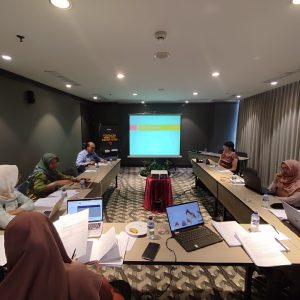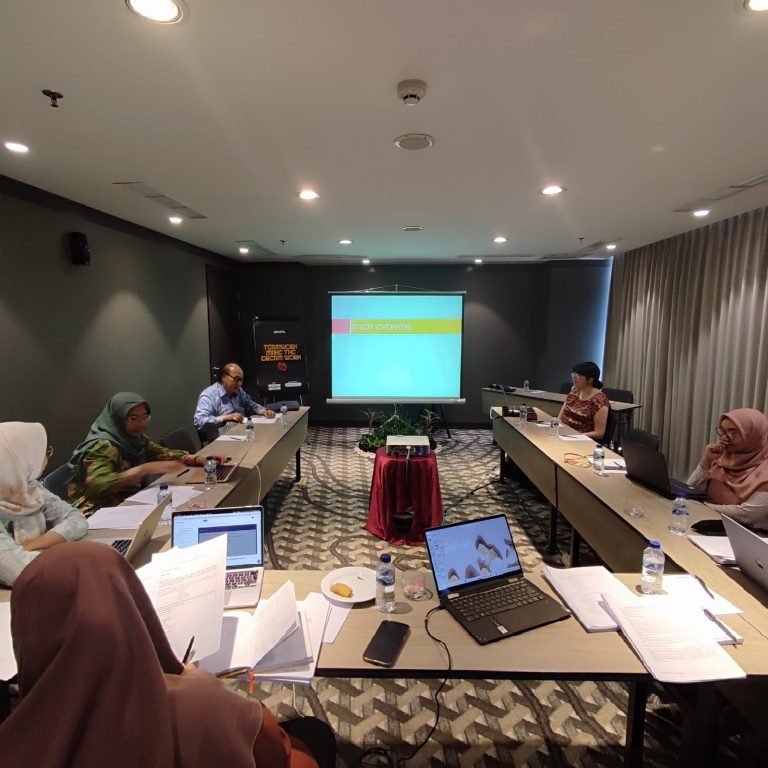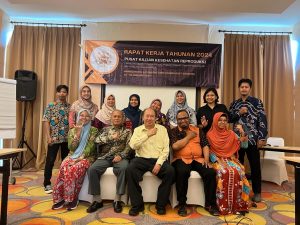
A three-day qualitative research training programme was successfully held in conjunction with Johns Hopkins University (JHU) in an effort to strengthen research capacities and promote evidence-based decision-making, particularly prior to the implementation of the forthcoming R21 research project. The R21 project, funded by the United States National Institute of Mental Health (NIMH), focused on examining gender norms among adolescents, holds promise for improving adolescent health and well-being. The event was held at the Artotel Hotel from February 26th to 28th, 2024, and featured academics from JHU and the Centre for Reproductive Health discussing qualitative research approaches. This course was designed to augment the preparatory phase before the actual study begins.
Organized by the Center for Reproductive Health, the training aimed to equip researchers with the tools and techniques necessary to perform rigorous qualitative research across various research topics. Qualitative research is particularly important in reproductive and population health because it helps to understand complex phenomena, explore human experiences, and improve policy and practice, aligning with the SDGs point 3, good health and well-being.
Throughout the programme, researchers engaged in interactive lectures and hands-on exercises facilitated by Yesenia Garcia, a PhD candidate at Johns Hopkins University. The topics covered included research design, research ethics, data collection methods and techniques such as focus group discussions, cognitive interviews, and strategies for assuring rigour and validity in qualitative research. The collaborative nature of the training created a dynamic learning environment, facilitating networking opportunities and the exchange of ideas among participants. Moreover, the hands-on activities involved numerous adolescent volunteers from Yogyakarta who provided us with practical insight and feedback to refine the research protocols.
Feedback from youth participants was overwhelmingly positive, demonstrating the eagerness of young people to be a part of the research process. The occasion promoted the chance for researchers to have a deeper comprehension of the tenets and procedures of qualitative research. The success of the event underscores the growing demand for high-quality training in qualitative research and the importance of collaboration between academic institutions and practitioners in advancing research capacity and knowledge translation.
Keywords: qualitative research, training, health, well-being, adolescent, gender norm, mental health, SDGs
Reported by: dr. Bianda Dwida Pramudita, M.Sc.




